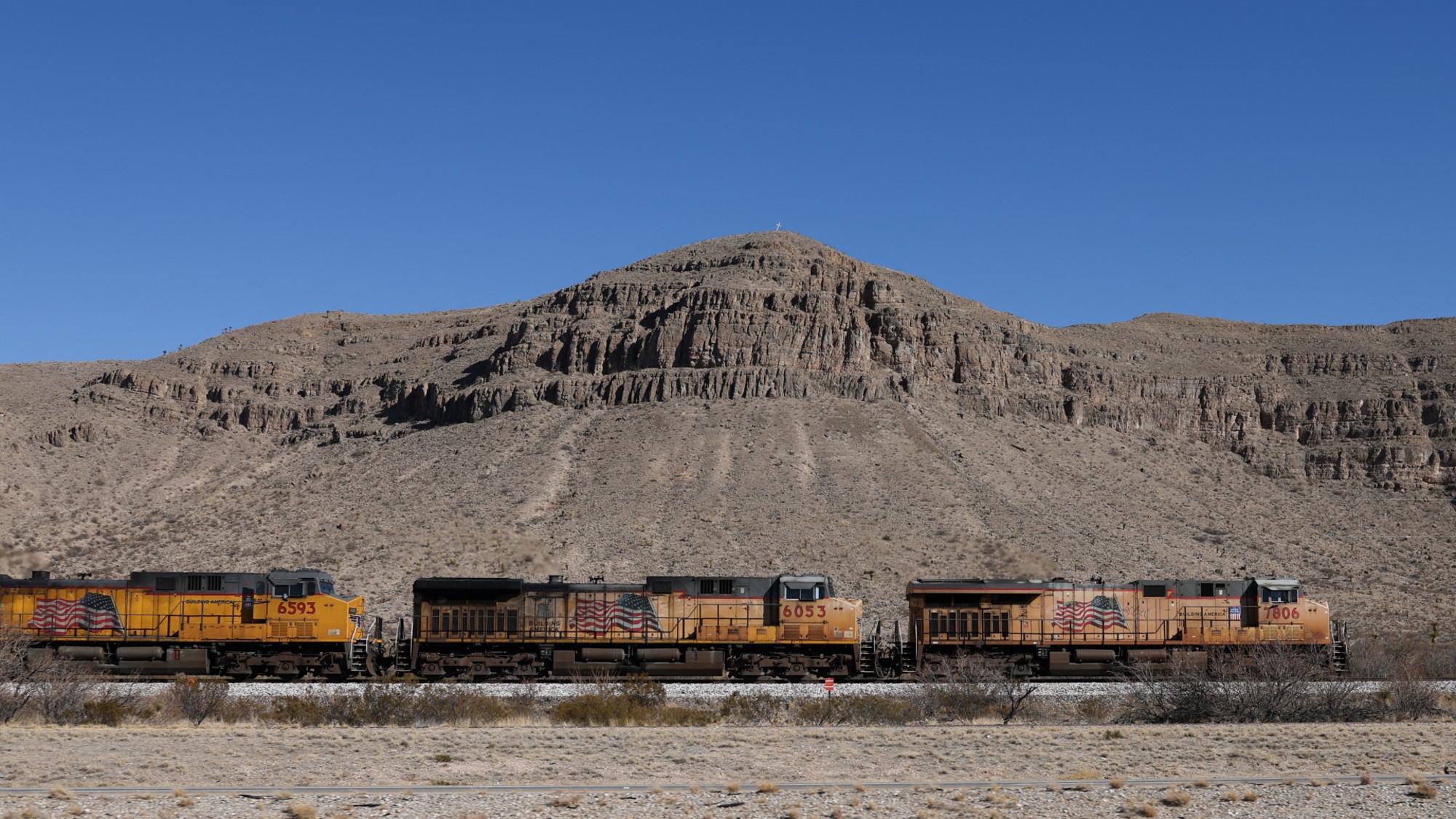Why the U.S. should act first on climate change
The best way to secure an international agreement is for the world's worst historical emitter to step up to the plate


This week, the Chamber of Commerce released a report that amounts to a worst-case scenario for the economic effect of President Obama's forthcoming EPA regulations on extant coal-fired power plants, which represent his administration's most serious attempt to unilaterally tackle climate change. Amazingly, despite the fact that the report was obviously an Unskewed Polls-style bad faith effort, the overall cost came in fairly cheap, as Paul Krugman points out. If this is the absolute worst number corporate America can come up with, we have almost nothing to fear!
But there is another aspect to the Chamber's case that's worth examining more closely. Here's part of the conclusion of the report:
With respect to overall global CO2 emissions, the 750 MMT reduction achieved in the Policy Case represents a mere 1.8 percent of global CO2 emissions, which IEA predicts to otherwise grow by 31 percent, to 40,825 MMT, by 2030. [Chamber of Commerce]
To translate from wonk-speak: on a business-as-usual emissions trajectory, which implies colossal and perhaps irreparable devastation to our civilization, President Obama's new regulations will barely make a difference. India and China are growing fast, and have been building a stupendous number of coal-fired power plants. Whatever changes the U.S. makes on its own will be swamped by their increasing emissions.
The Week
Escape your echo chamber. Get the facts behind the news, plus analysis from multiple perspectives.

Sign up for The Week's Free Newsletters
From our morning news briefing to a weekly Good News Newsletter, get the best of The Week delivered directly to your inbox.
From our morning news briefing to a weekly Good News Newsletter, get the best of The Week delivered directly to your inbox.
And that's true, so far as it goes! When you assume the world will do nothing about climate change, it turns out your predictions will show the world will do nothing about climate change.
But it completely misses the logic of why America is ideally placed to take the first significant steps on carbon emissions. Set aside for the moment the idea that the U.S. — the world's worst emitter, historically speaking — is ethically obliged to make greater sacrifices than others. Effective action on climate will require some kind of international agreement, and Obama's regulations are a key part of executing that strategy.
What people tend to forget is that India and China also have a very strong interest in preventing catastrophic climate change. These are developing countries with a limited ability to adapt and huge populations that remain in poverty. Even a marginal rise in sea levels will stretch both countries as they struggle to respond to extreme weather and other disasters, which are precisely the kinds of events that can upend existing power structures, even in communist China.
America is in a much different position. First of all, it can afford to spend a lot more money. Second, it is quite energy inefficient, which means there's a lot of room to slash consumption without inflicting much actual pain. Europe, by contrast, is already fairly efficient, and would struggle to post efficiency gains that the U.S. could make without blinking.
A free daily email with the biggest news stories of the day – and the best features from TheWeek.com
Of course, these EPA regulations aren't nearly enough by themselves to mitigate the effects of climate change. But as The New York Times reports, elites in China and elsewhere are watching these new EPA regulations very closely. If America finally gets off its hind end and posts some emissions reductions due to strong policy — and not just the result of a fortunate natural gas windfall — it will make an international agreement far more feasible, because the U.S. will go into new negotiations with a nice fat emissions reduction to demonstrate commitment and good faith.
There are an enormous convergence of interests here. China could be absolutely crushed by climate change, and the political leadership there is certainly sensible enough to realize it. If the context makes sense, China, India, and the rest of the developing world could very well sign on to a serious international agreement. The EPA regulations are a big part of that context.
Ryan Cooper is a national correspondent at TheWeek.com. His work has appeared in the Washington Monthly, The New Republic, and the Washington Post.
-
 The Mint’s 250th anniversary coins face a whitewashing controversy
The Mint’s 250th anniversary coins face a whitewashing controversyThe Explainer The designs omitted several notable moments for civil rights and women’s rights
-
 ‘If regulators nix the rail merger, supply chain inefficiency will persist’
‘If regulators nix the rail merger, supply chain inefficiency will persist’Instant Opinion Opinion, comment and editorials of the day
-
 Trump HHS slashes advised child vaccinations
Trump HHS slashes advised child vaccinationsSpeed Read In a widely condemned move, the CDC will now recommend that children get vaccinated against 11 communicable diseases, not 17
-
 Bari Weiss’ ‘60 Minutes’ scandal is about more than one report
Bari Weiss’ ‘60 Minutes’ scandal is about more than one reportIN THE SPOTLIGHT By blocking an approved segment on a controversial prison holding US deportees in El Salvador, the editor-in-chief of CBS News has become the main story
-
 Has Zohran Mamdani shown the Democrats how to win again?
Has Zohran Mamdani shown the Democrats how to win again?Today’s Big Question New York City mayoral election touted as victory for left-wing populists but moderate centrist wins elsewhere present more complex path for Democratic Party
-
 Millions turn out for anti-Trump ‘No Kings’ rallies
Millions turn out for anti-Trump ‘No Kings’ ralliesSpeed Read An estimated 7 million people participated, 2 million more than at the first ‘No Kings’ protest in June
-
 Ghislaine Maxwell: angling for a Trump pardon
Ghislaine Maxwell: angling for a Trump pardonTalking Point Convicted sex trafficker's testimony could shed new light on president's links to Jeffrey Epstein
-
 The last words and final moments of 40 presidents
The last words and final moments of 40 presidentsThe Explainer Some are eloquent quotes worthy of the holders of the highest office in the nation, and others... aren't
-
 The JFK files: the truth at last?
The JFK files: the truth at last?In The Spotlight More than 64,000 previously classified documents relating the 1963 assassination of John F. Kennedy have been released by the Trump administration
-
 'Seriously, not literally': how should the world take Donald Trump?
'Seriously, not literally': how should the world take Donald Trump?Today's big question White House rhetoric and reality look likely to become increasingly blurred
-
 Will Trump's 'madman' strategy pay off?
Will Trump's 'madman' strategy pay off?Today's Big Question Incoming US president likes to seem unpredictable but, this time round, world leaders could be wise to his playbook
